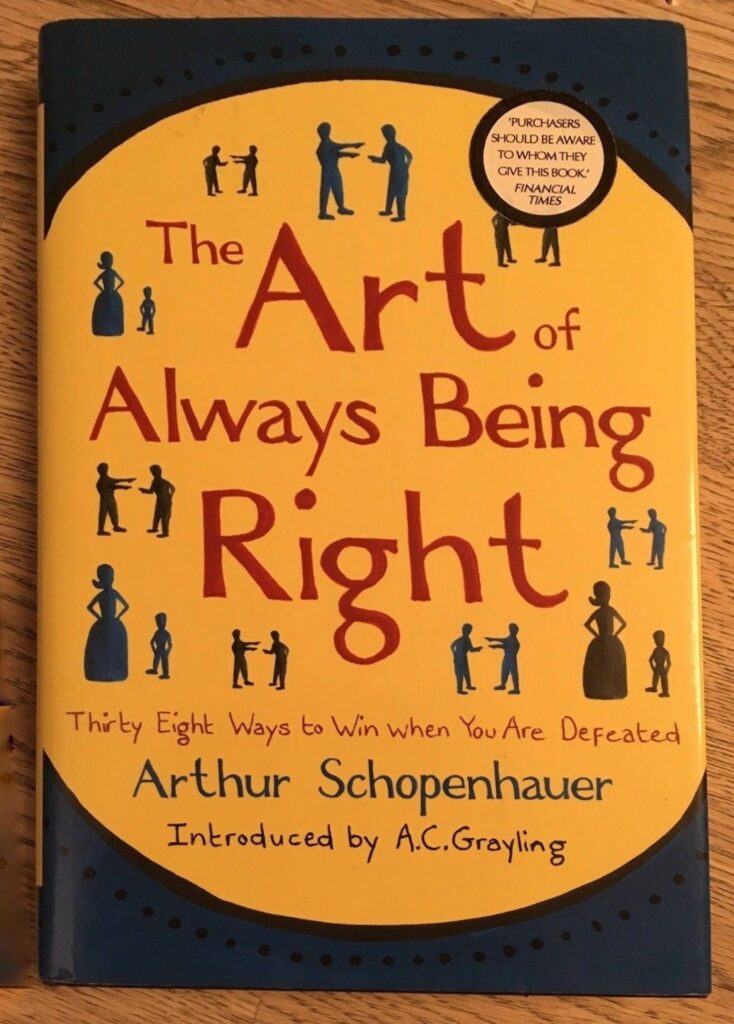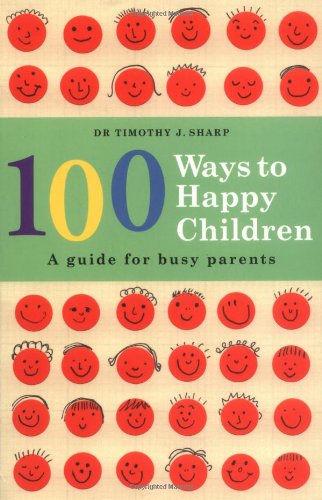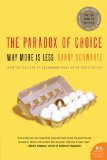100 Ways to Happy Children: A guide for busy parents by Dr Timothy Sharp
Continue readingArticles about psychology
100 Ways to Happy Children
Better by Mistake — Alina Tugend
“The Unexpected Benefits of Being Wrong” is the subtitle of this book and a pretty good summary of it too. We tend to feel bad about making mistakes, but Better by Mistake helps remind us that mistakes are one of the most important learning tools we have.

Two of this book’s ideas resonated with me. The first is that effort is more important than results. I think this is particularly true for people as they are growing up — you learn more from trying and failing than you do from effortlessly succeeding. I have found that children (mine and others’) respond more positively when praised for effort rather than achievement — they keep on trying, rather than just basking in the warm pleasant glow of approval.
The second idea, and one I wish more people understood, is the importance and power of apologising. This reminded me of Tim Harford’s TED talk, Trial, error and the God complex, in which he points out how important and yet difficult it is for us to admit our own fallibility. Our first reaction to being blamed is often to become defensive. This is usually counterproductive. From hurting somebody with a careless remark to needlessly invading a foreign country, so many mistakes can be at least partially remedied with a well-timed apology.
My Brain Made Me Do It

Are we truly in control of our own actions, or are they are really determined by our genes and environment? Are our brains really just machines operating according to the laws of physics? Is our free will nothing more than an illusion? And if it is, how can we be morally responsible for anything?
These questions are just about the biggest and most difficult questions we can think about. I know what the answers are, but if you don’t, it would be worth your while to read the first half of “My Brain Made Me Do It” by Eliezer Sternberg. Sternberg raises the questions, discusses some of the evidence and research and identifies some current approaches. It’s a good exploration of the topic and it does get you thinking.
The Art of Always Being Right — Arthur Schopenhauer

This book is not really about being right. It’s about winning arguments, even when you’re wrong. The 38 tactics include such classics as “Use your opponent’s views”, “Beg the question” and the ultimate: “Become personal, insulting, rude”. You’ll recognise these from many annoying and unsatisfying arguments you’ve had. This book helps you avoid them, and if necessary, use them yourself. Very useful, and all based on “the natural baseness of human nature”. Perhaps it’s best not to dwell on that.
Continue readingWar of Words — Elizabeth Mapstone
“What is going on when some other person is so misguided as to disagree with us?”

There are some interesting ideas in this book, War of Words: Women and Men Arguing.
Continue reading
